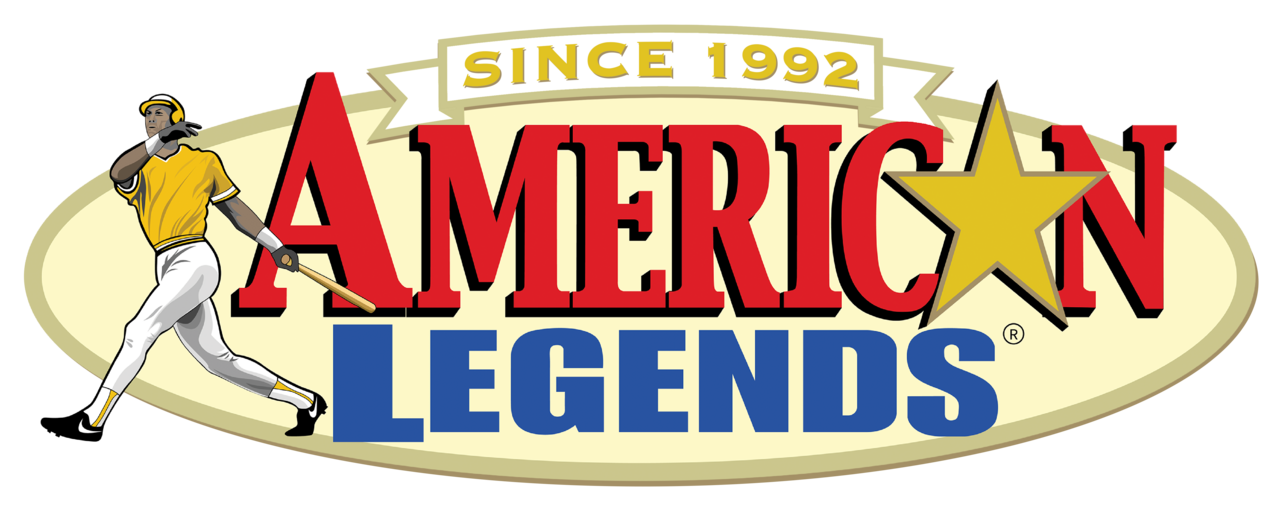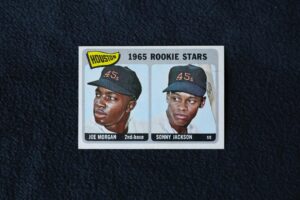For many, collecting baseball cards is more than just a hobby; it’s a passion, a connection to the sport, and sometimes, a lucrative investment. Baseball card collecting has been around for more than a century, with some cards becoming highly prized treasures worth thousands or even millions of dollars.
But how do you know if your valuable baseball cards are worth selling? Whether you’ve inherited a collection or built one yourself, understanding the worth of your cards and determining the right time to sell them can be a complex decision.
In this article, we’ll explore key factors that affect the value of baseball cards, how to determine if your cards are worth selling, and some tips on how to maximize your profits if you decide to part with your collection.
Understanding the Baseball Card Value Guide
Before learning how to sell baseball cards, it’s crucial to understand what makes a baseball card valuable. A card’s worth is influenced by a combination of factors, including:
- Rarity
- Condition
- Historical significance
- Demand
Here are the key elements that can help in determining card value:
1. Condition of the Card
Cards are typically graded on a scale of 1 to 10. As you can imagine, 10 is the highest grade a card can have. It is considered “gem mint” condition.
Cards with sharp corners, no creases, clean surfaces, and well-centered images will command higher prices.
Even a rare card can lose significant value if it is damaged or worn. To maximize value, many collectors have their cards professionally graded by companies like Professional Sports Authenticator (PSA) or Beckett Grading Services (BGS). A high-grade card can dramatically increase its worth.
2. Rarity and Scarcity
The rarity of a card plays a big role in its value. Cards that were produced in limited quantities or are from a specific set that was short-printed are more likely to be valuable.
Older cards, especially those produced before 1980, are typically scarcer due to fewer surviving copies in good condition. Cards from sets such as the 1909 T206 Honus Wagner or the 1952 Topps Mickey Mantle are famous for their rarity and high value.
Modern cards can also be valuable, especially if they are rare parallels or include special features like autographs, relics (pieces of game-worn jerseys), or low serial numbers. Collectors tend to value cards that are part of limited or special edition sets.
3. Player Popularity and Historical Significance
The player featured on a card can significantly affect its value. Hall of Fame players, MVPs, and other legendary athletes tend to have higher-value cards. The more iconic or successful the player, the higher the demand for their cards.
For example, cards of baseball legends like Babe Ruth, Hank Aaron, or Jackie Robinson are always in high demand. Additionally, cards featuring players at pivotal moments in baseball history, like rookie cards, or cards commemorating record-breaking achievements, can command higher prices.
4. Market Trends and Demand
The sports memorabilia market, like any other collectible market, can be influenced by trends. Sometimes, a player’s resurgence in popularity or a milestone in their career can cause a spike in demand for their cards. For example, the induction of a player into the Hall of Fame or a major accomplishment like breaking a long-standing record can drive up prices.
Similarly, the general state of the sports memorabilia market can fluctuate based on external factors, such as the economy or even the popularity of sports gambling, which has increased interest in certain card investments. It’s essential to be aware of market trends before deciding to sell.
When Should You Sell Your Baseball Cards?
Once you’ve assessed the potential value of your collection, you’ll need to decide if now is the right time to sell. Selling too soon or too late can affect how much money you walk away with. Here are a few things to consider:
1. Current Market Conditions
Are prices for baseball cards trending upward or downward? Like the stock market, sports memorabilia markets have periods of growth and decline. Before selling, it’s important to research the current state of the baseball card market to see if it’s a seller’s market or a buyer’s market.
For instance, if there’s a sudden surge in demand for a particular player or set, it might be the perfect time to sell. On the other hand, if the market is down, you may want to hold onto your cards until prices stabilize or increase again.
2. Player Popularity and Timing
Timing can be critical when it comes to selling baseball cards. If a player is having an exceptional season, being inducted into the Hall of Fame, or is making headlines for some other reason, their cards could see a significant bump in value. Selling during these peak moments can help you capitalize on the heightened demand.
Alternatively, if a player’s popularity or performance declines, their cards may lose value. If you have cards from an older player whose popularity has waned, you might decide it’s better to sell sooner rather than later to avoid further depreciation.
3. Personal Circumstances
Aside from market factors, your personal circumstances may influence your decision to sell. You may want to cash in on your collection to fund a new hobby, cover expenses, or simply declutter. On the other hand, if you’re emotionally attached to your cards or believe they will increase in value over time, you may choose to hold onto them longer.
It’s essential to weigh your personal motivations and financial goals when deciding to sell.
How to Sell Your Valuable Baseball Cards for Maximum Profit
You have a strong bond to your baseball card collection, but finances or other circumstances might dictate that it’s time to sell your valuable baseball cards. Mark Rubin at American Legends is ready to buy your collection from you.
Since 1978, we have built a reputation for honesty, integrity, and fairness when it comes to buying baseball cards from enthusiasts like you. With over 40 years of experience buying deals of all sizes, from $200 to $250,000+ collections, you know you can trust your collection to us.
Fill out the contact form on this page or call Mark Rubin at 914-725-2225.


